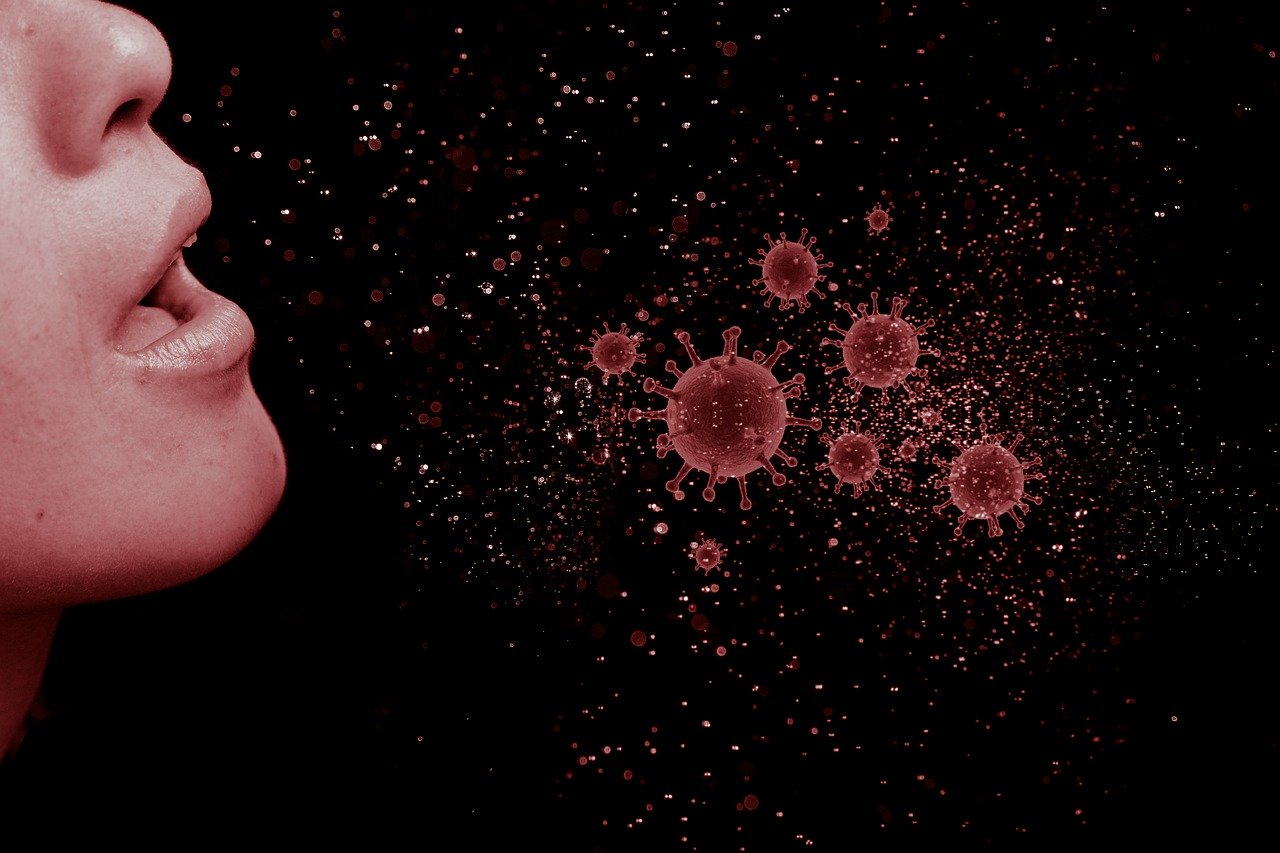The first hotel for rough sleepers with coronavirus symptoms has opened its doors in east London.
More than a thousand homeless people are already isolating in hotels across the capital to prevent the spread of Covid-19.
Those who get sick will be moved to the east London hotel, and transferred to hospital if their condition worsens.
People sleeping on the street or living in shared dormitories at hostels are at greater risk during the pandemic, because they cannot practise social distancing.
And some 40% of rough sleepers have existing physical health conditions, making them more vulnerable to the virus.
Around 2,000 homeless people in London need somewhere to self-isolate, according to City Hall.
The Mayor has worked with InterContinental Hotels, Travelodge, Best Western and Accor to provide 1,200 rooms across the city.
Black cab drivers have volunteered to take rough sleepers to their accommodation, and catering company Red Radish is feeding residents.
As of last night, 1,057 of the rooms had been claimed – and some London boroughs are providing their own housing on top of the City Hall provision.
Southwark has housed more than 220 rough sleepers, Hackney has found accommodation for 170 people, and 26 people have been put up in Croydon.
But charities on the frontline are warning London could see “a second wave” of homelessness that would put current provision under pressure.
Neil Parkinson, a caseworker for London homelessness charity Glass Door, said more people could be forced to sleep rough because of the pandemic.
He said: “Our concern is there may be a second wave coming onto the streets – people in precarious employment, those who were in backpacker hostels, people who haven’t slept rough before.
“We’ve heard from some boroughs they’re already seeing the start of a second wave.”
Mr Parkinson said there was “no guarantee” current provision will go far enough if lockdown continues to hit the economy and jobs.
NOW READ: Half of deaths in London now Covid-19 related
Self-isolation in hotels is already causing “agitation” among some vulnerable rough sleepers, he said.
Half of those who sleep on the streets in London have mental health conditions – but because of social distancing, front line workers can now only support them over the phone.
Mr Parkinson said: “It’s hard enough for those of us doing social distancing in flats and houses.
“Going into one hotel room, and asking someone to stay there day after day is a big adjustment.”
The caseworker said current provision was “meeting demand” though support has taken “longer than we would have liked” to put in place.
But Sadiq Khan said the speed of help for rough sleepers is “a testament to what can be achieved when we work together.”
He said: “As we approach the peak of the coronavirus pandemic it is more important than ever to ensure the most vulnerable Londoners are supported in clean, secure accommodation.
“I’m proud that this outstanding coalition of compassionate organisations, charities and individuals have stepped up to the challenge.”
But the Mayor warned more funding, volunteers and hotel rooms will be needed.
The 1,200 rooms provided for rough sleepers so far has cost £10.55 million – £9.5 million from the Government’s emergency Covid-19 fund, with an extra £1.05m from City Hall.
Housing Secretary Robert Jenrick said ministers are “committed to ensuring that those who are sleeping rough on our capital’s streets are protected from this pandemic”.
He said: “Today’s news is the result of a real collaborative effort between the Government, the Mayor of London, local authorities, health providers and charities to provide help to those who are most in need during this national emergency.”
For the latest headlines from the City of London and beyond, follow City Matters on Twitter, Instagram and LinkedIn.








